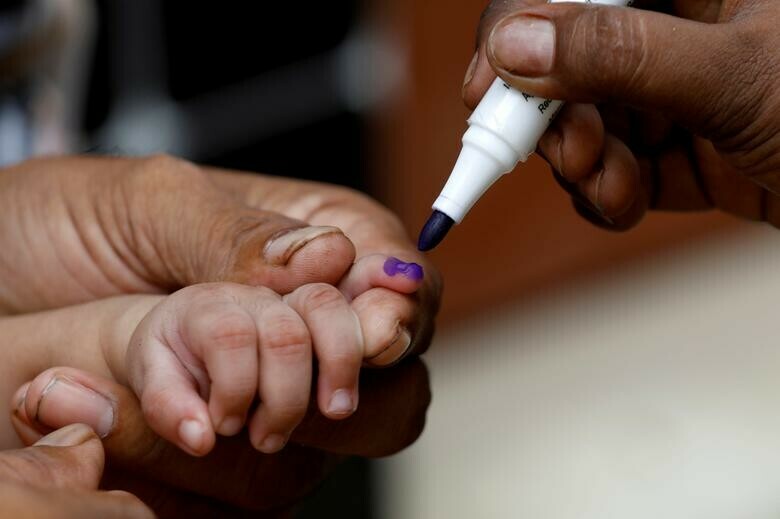Polio eradication efforts in Khyber Pakhtunkhwa, despite remaining polio-free this year, continue to face daunting challenges. Experts and health officials are increasingly frustrated with the emergence of new reasons why parents refuse to allow their children to receive crucial immunisations against poliomyelitis, a debilitating childhood disease.
During the latest rounds of anti-polio campaigns in April and June, approximately 21,459 children were left unvaccinated due to various demands made by community elders. These demands ranged from resolving local disputes to requests for basic amenities like water and electricity.
A report from the Emergency Operation Centre (Polio) Khyber Pakhtunkhwa highlighted that in April’s campaign alone, 11,716 children in 15 union councils across districts such as Khyber, Kurram, Lakki Marwat, North Waziristan, and Lower South Waziristan did not receive the oral polio vaccine (OPV) due to community demands.
In June, a similar situation unfolded, with parents in Bannu, Kurram, and Lakki Marwat districts demanding infrastructure improvements such as electricity and water before allowing their children to be vaccinated. Consequently, 9,743 children remained unprotected against polio.
Adding to these challenges are the recurring violent attacks on vaccinators by unidentified assailants. Over the past two vaccination drives, there were 10 incidents of violence resulting in tragic casualties, including deaths of policemen, a vaccinator, and bystanders, as well as injuries to several others.
Since 2012, these attacks have claimed the lives of 113 individuals and left 165 others injured. Most of these incidents occur despite police protection provided to vaccinators.
Experts lament the fact that despite reaching near eradication levels in previous years, new demands and misconceptions continue to hinder efforts to completely eliminate polio from the province. They emphasize that such issues are administrative in nature and should be handled accordingly by the government to prevent further setbacks in the eradication campaign.
Moreover, community hesitancy towards vaccination has been fueled by misinformation, including beliefs that polio drops are intended to harm children or are religiously forbidden. Despite clear edicts from top religious scholars endorsing vaccination, these misconceptions persist.
In Peshawar, a significant rise in refusals followed an incident where children were hospitalized due to perceived side effects from the polio vaccine, despite medical reassurances that there were no adverse reactions.
Experts stress the urgency of addressing these challenges through administrative means, underscoring that failure to do so risks perpetuating a cycle of disability and disease in the province.
While Khyber Pakhtunkhwa has made strides towards polio eradication, the persistence of new demands and misconceptions underscores the need for continued vigilance and administrative action to ensure all children receive the protection they deserve against this debilitating disease.


